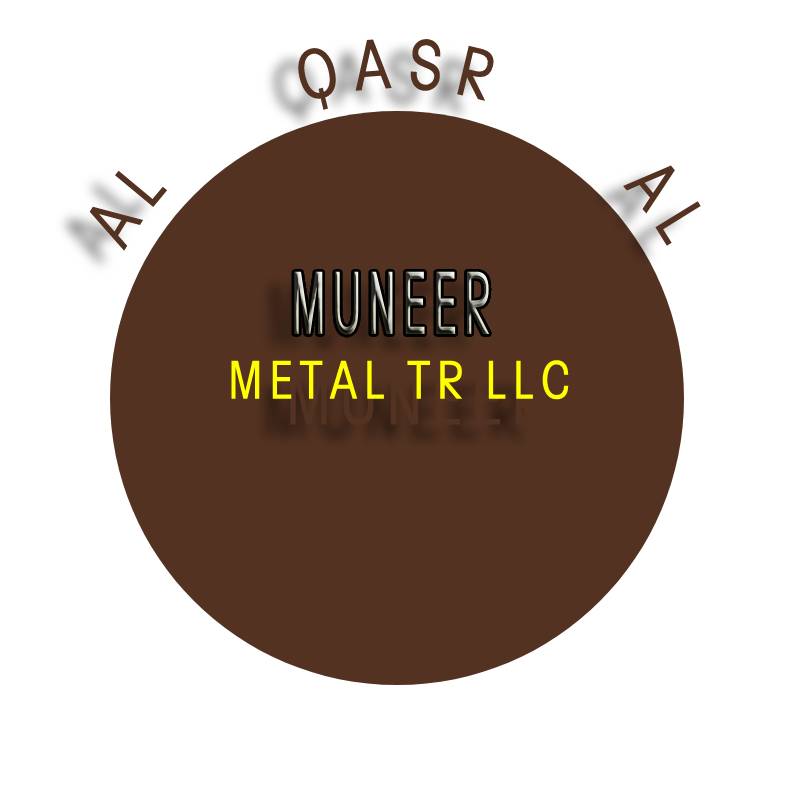Brass in the UAE: Value, Uses, and Brass price Per Kg Price in 2025
Brass is a commercially important alloy in the UAE, widely used across plumbing, decoration, electrical, marine, and industrial sectors. Made from copper and zinc, brass offers a cost-effective alternative to pure copper while maintaining durability and aesthetic appeal.
In 2025, with increasing industrial demand and price fluctuations in the global copper market, understanding the current brass price per kg in the UAE is crucial for traders, buyers, and manufacturers.
Understanding Brass as a Material
Brass is an alloy composed mainly of copper (55–95%) and zinc. In some variations, small amounts of lead, tin, or aluminum are added to enhance specific properties like machinability or corrosion resistance.
Common uses of brass in the UAE include:
- Plumbing fixtures and pipe fittings
- Door handles, locks, and hardware
- Electrical terminals and switch components
- Decorative items in residential and commercial interiors
- Marine and industrial valve bodies
Its gold-like shine and corrosion resistance make brass highly desirable in the UAE’s hot and humid environment.
Brass vs. Copper: Why Brass is Preferred
| Feature | Brass | Copper |
|---|---|---|
| Cost of brass per kg | Lower due to zinc content | Higher due to high demand and purity |
| Machinability | Excellent for mass production | Lower, harder to machine cleanly |
| Aesthetic Appeal | Gold-toned, preferred in decorative works | Reddish-brown tone, less preferred visually |
| Corrosion Resistance | Very good in UAE’s coastal and desert climate | High but prone to oxidation |
| Cost Efficiency | High – ideal for bulk applications | Lower – more expensive per unit |
Brass provides a balance of appearance, strength, and affordability, making it the first choice in many industries where copper would be too costly.
Brass Price Per Kg in UAE (2025)
The brass per kg price in the UAE fluctuates based on purity, form, and market conditions. As of 2025, the following are average brass prices per Kg:
| Type of Brass | Brass Price Per Kg in AED |
|---|---|
| Commercial Yellow Brass | AED 9.00 – AED 12.00 |
| Red Brass | AED 12.00 – AED 14.50 |
| Naval Brass | AED 11.50 – AED 13.50 |
| Free-Cutting Brass Rods | AED 12.00 – AED 15.00 |
| Mixed Brass Scrap | AED 6.00 – AED 9.00 |
Prices vary slightly between cities like Dubai, Sharjah, and Abu Dhabi, depending on supply chain and import factors.
What Influences Brass cost per Kg in UAE?
- Copper Market Fluctuations
Since copper is a major component of brass, its international price directly affects brass rates. - Zinc Market and Alloy Composition
Brass with a higher copper ratio is more expensive. Additional elements like lead can also impact pricing. - Form of Brass (Rod, Sheet, Ingot, Scrap)
Clean, pure brass value in bar or rod form is higher than mixed or scrap brass. - Import, Duty, and Logistics Costs
Brass Prices may vary based on customs, transportation, and VAT, especially for imported materials. - Local Demand
UAE’s construction and manufacturing sectors heavily influence daily trading brass rate.
Brass as a Profitable Material
- Retains consistent resale value in the local and global market
- Performs well in extreme heat and humidity common in the Gulf region
- Used across various sectors, ensuring steady demand
- Ideal for recycling and repurposing, supporting sustainable industries
- Lower manufacturing cost compared to copper, increasing business profitability
Conclusion
Brass continues to be a smart industrial and commercial material choice in the UAE. Its durability, aesthetic value, and lower price point compared to copper make it an essential metal across multiple industries. Monitoring the brass price per kg helps buyers and sellers make informed decisions in a competitive market.
Whether you are a trader, supplier, or end-user, understanding brass pricing dynamics is key to gaining a market advantage.
Disclaimer: Brass price per kg may vary daily; confirm current rates with local UAE suppliers before making purchase decisions.


